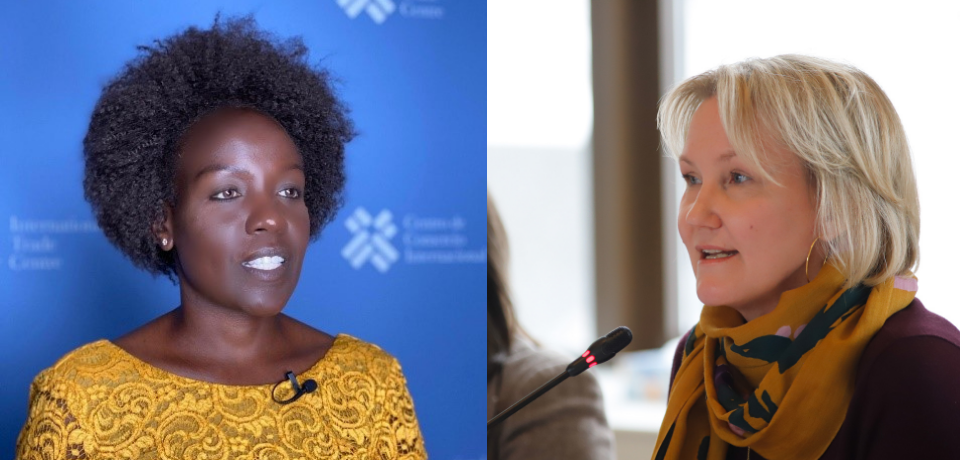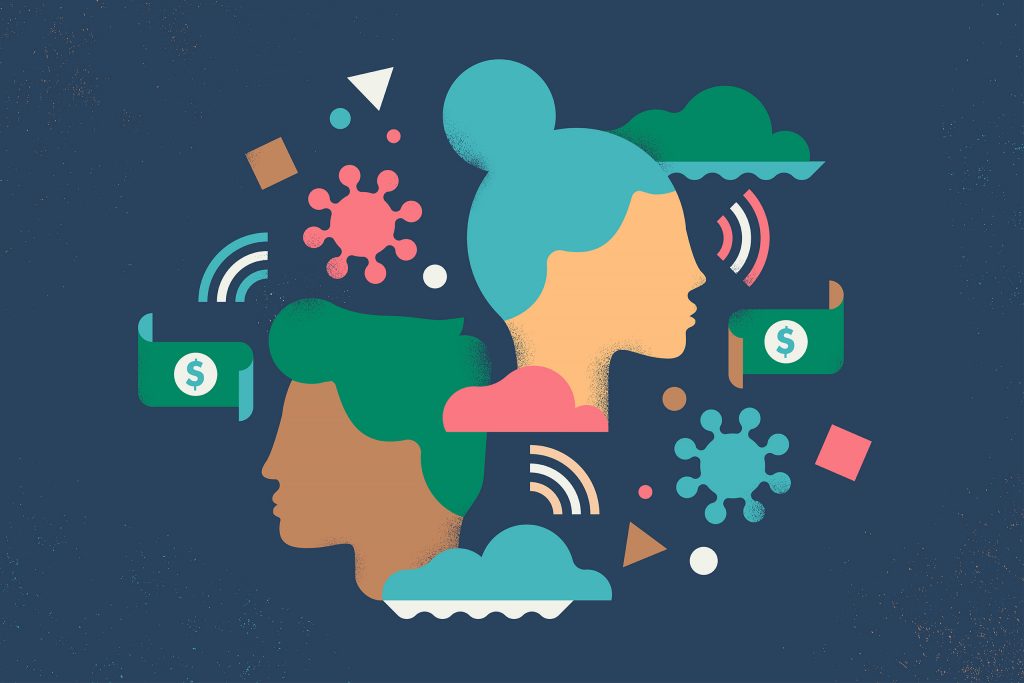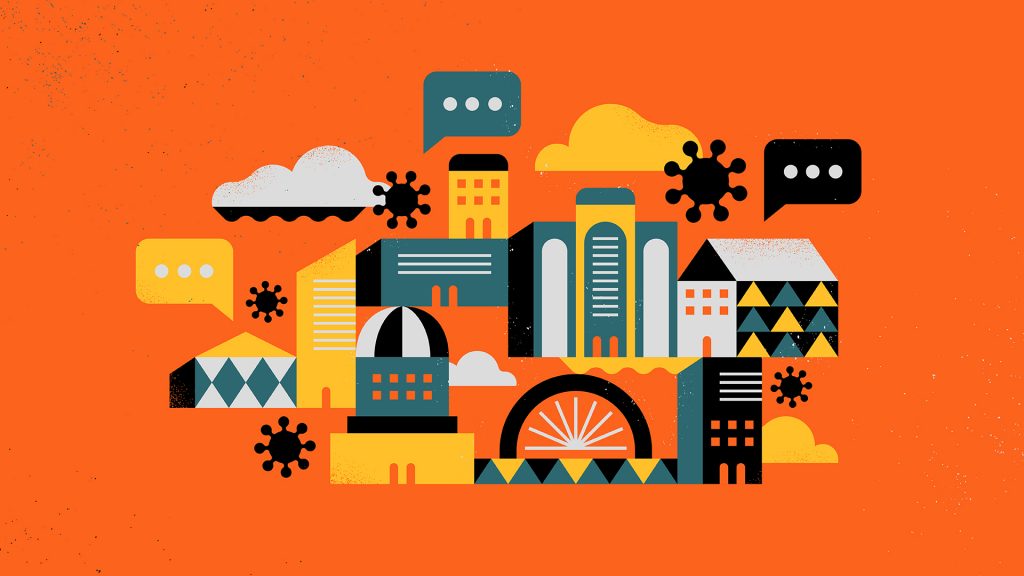Author: Justice Albie Sachs
BiographyJustice Albie Sachs
Long-time human rights activist, lawyer, judge and author, who spent 168 days in solitary confinement in South Africa, Justice Albie Sachs has committed his career to the values of justice, inclusion and peace. A freedom fighter for Black South Africans, and key architect of South Africa’s post-apartheid constitution, Justice Sachs survived an assassination attempt that caused him to lose an arm and his vision in one eye. After recovering, Sachs returned to help Nelson Mandela transition South Africa from apartheid to democracy, by helping draft a constitution with strong recognition of the multi-cultural, multi-faith and multi-lingual character of the country.
In 2016, Sachs delivered the Centre’s Annual Pluralism Lecture in Toronto.

Long-time human rights activist, lawyer, judge and author, who spent 168 days in solitary confinement in South Africa, Justice Albie Sachs has committed his career to the values of justice, inclusion and peace. A freedom fighter for Black South Africans, and key architect of South Africa’s post-apartheid constitution, Justice Sachs survived an assassination attempt that caused him to lose an arm and his vision in one eye. After recovering, Sachs returned to help Nelson Mandela transition South Africa from apartheid to democracy, by helping draft a constitution with strong recognition of the multi-cultural, multi-faith and multi-lingual character of the country.
In 2016, Sachs delivered the Centre’s Annual Pluralism Lecture in Toronto. Currently in self-isolation at his home in Cape Town, we asked Justice Sachs to reflect on what the COVID-19 lockdown has meant for him personally but also on what it means for the future of South Africa.
As I run endlessly forwards and backwards on the cramped space of our backyard deck, with the sea sounding below, my body remembers when half a century ago I was running round and round in a tiny exercise yard during endless days of solitary confinement, dreaming I was running to the sea…
Then I was in hell, now I’m in paradise… But there is hell in this paradise … In the sea below, lie the relics of a Portuguese ship wrecked with a cargo of 400 enslaved Mozambicans, half of whom drowned and half of whom got to shore, only to be sold as if human flotsam and become part of our city’s enslaved working community…
And now I, the struggle veteran who has worked with the African American Museum in Washington to find the words to tell their story, can build up my immune system by breathing in the sea air, while more than a few of their descendants, many of whom have been my comrades, find themselves confined to the often unwholesome and tiny spaces of the working poor.
How sad that the moment of our greatest equality should also be the moment of our greatest inequality. And yet how good it is that each act of isolation by each one of us in our own separate world becomes an act of binding and transcendent human interdependence and solidarity.
…
Do I have faith in South Africa’s ability to overcome the challenges of the coronavirus and emerge with greater social solidarity? Yes, I do.
We have in fact encountered worse calamities and emerged from them wounded but triumphantly stronger. The first was the plague of hurt and hatred engendered by apartheid. Through intelligence, generosity, and, yes, idealism, we overcame the cruel divisions, voted as equals in our millions for the first time and reconfigured ourselves as a nation. At last we could say: We the People.
Next we had the HIV-Aids pandemic, far more drastic in impact than the coronavirus can be. Hundreds of thousands died needlessly because of HIV denialism in high places. Yet today we have forgotten how bleak the future looked then. The Treatment Action Campaign involving hundreds of thousands of people on the ground living with HIV, coupled with effective public awareness activities and successful litigation in the Constitutional Court, opened the way to South Africa now having the most comprehensive anti-retroviral programme on Earth.
In responding to the coronavirus today we have clear, decisive and compassionate leadership. We have international experience to guide us. And above all, if early indications are anything to go by, there are multitudes upon multitudes of thoughtful and caring South Africans from all walks of life who fully accept the need to keep apart in order to stand together.
South Africa gave the bitter words concentration camps and apartheid to the world. Today we offer to humanity the healing word Ubuntu. We will get through this disaster, and because of our thoughtfulness, generosity, and, yes, our idealism, we the people will emerge wounded but stronger.
What is Ubuntu?
A deep philosophical principle in African culture…I’m a person because you’re a person. I can’t separate my humanity from acknowledging your humanity. It’s not only customary law that needs that, we all need it. In fact, I’d say the whole world needs it.
Justice Albie Sachs, 2016 Annual Pluralism Lecture, Toronto



